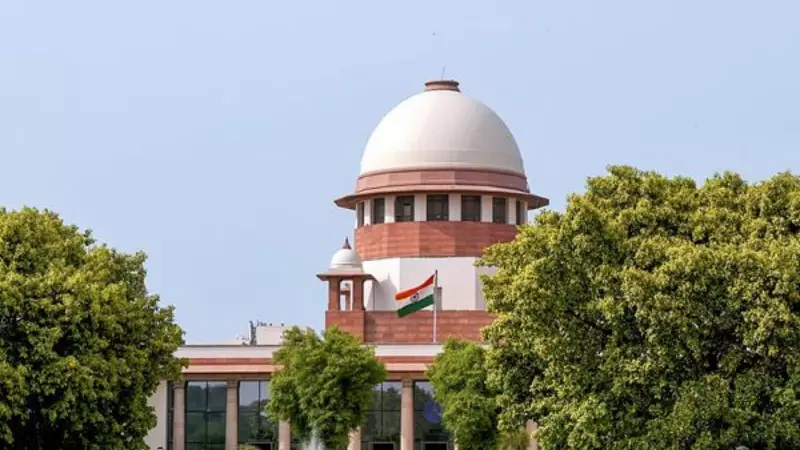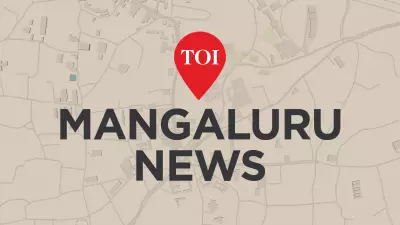
Major Drug Bust: Supreme Court Intervenes in Bombay HC Bail Decision
In a significant development, the Supreme Court of India has set aside two bail orders granted by the Bombay High Court to a man accused in massive drug seizure cases involving over 257 kilograms of narcotic substances. The apex court has directed the High Court to reconsider the matter and deliver a reasoned decision within four weeks.
The Drug Seizures and Arrest
The case involves Vigin K Varghese, who was arrested by the Directorate of Revenue Intelligence (DRI) following two major drug interceptions in October 2022. According to prosecution details, the first seizure occurred on October 2, 2022, when DRI officials intercepted a truck carrying oranges consigned to Varghese's company.
During examination, authorities discovered 198.10 kilograms of Methamphetamine and 9.035 kilograms of Cocaine carefully concealed within cartons. Just four days later, on October 6, 2022, DRI made another massive seizure of 50.232 kilograms of cocaine imported from South Africa-based More Fresh Exports SA Pvt Ltd.
The second consignment was imported in the name of M/s Yummito International Foods India Pvt Ltd, where Varghese serves as Director. The cocaine was allegedly hidden among parcels of green apples and pears in a shipping container that was intercepted based on specific intelligence.
Bombay High Court's Bail Orders
The Bombay High Court had granted bail to Varghese in two separate orders. On January 22, 2025, Justice Anil S Kilor granted bail in the second case, citing absence of material showing the applicant's knowledge about contraband in the consignment and lack of criminal antecedents.
Subsequently, on March 12, 2025, Justice Milind N Jadhav granted bail in the first case, similarly noting no prima facie material showing knowledge about drugs in the orange consignment and considering that the accused had already obtained bail in the connected case.
Supreme Court's Critical Observations
The Supreme Court bench comprising Justices Aravind Kumar and N V Anjaria identified several critical flaws in the High Court's bail orders. The apex court noted that the High Court failed to consider the prosecution's assertion about Varghese's alleged involvement in an earlier drug seizure case.
"The material before this Court includes the Union's assertion that the respondent had already been apprehended in connection with an earlier seizure of approximately 198.1 kilograms of Methamphetamine and 9.035 kilograms of Cocaine allegedly imported through the same channel only days before the present seizure," the bench observed.
The Supreme Court emphasized that the High Court orders did not address crucial evidence, including statements recorded under the NDPS Act, call data records, and seizure memos that allegedly implicated Varghese in arranging imports, controlling logistics, coordinating with overseas suppliers, and being present when consignments were opened.
Legal Principles and Remand
The apex court highlighted that the High Court had not examined whether the circumstances, taken at face value for bail purposes, could prima facie indicate conscious control or involvement sufficient to attract the presumption of culpable mental state under Section 35 of the NDPS Act.
"A conclusion of this nature, if returned without addressing the prosecution's assertions of operative control and antecedent involvement, risks trenching upon appreciation of evidence which would be in the domain of trial court at first instance," the Supreme Court remarked.
While setting aside the bail orders, the Supreme Court has allowed Varghese to remain on bail as an interim arrangement until the High Court takes a fresh decision. The matter has been remitted back to the Bombay High Court with a direction to pass a reasoned order after considering all aspects within four weeks.
This case represents one of the largest drug seizures in recent times and highlights the ongoing challenges in combating international drug trafficking networks operating through legitimate trade channels.





